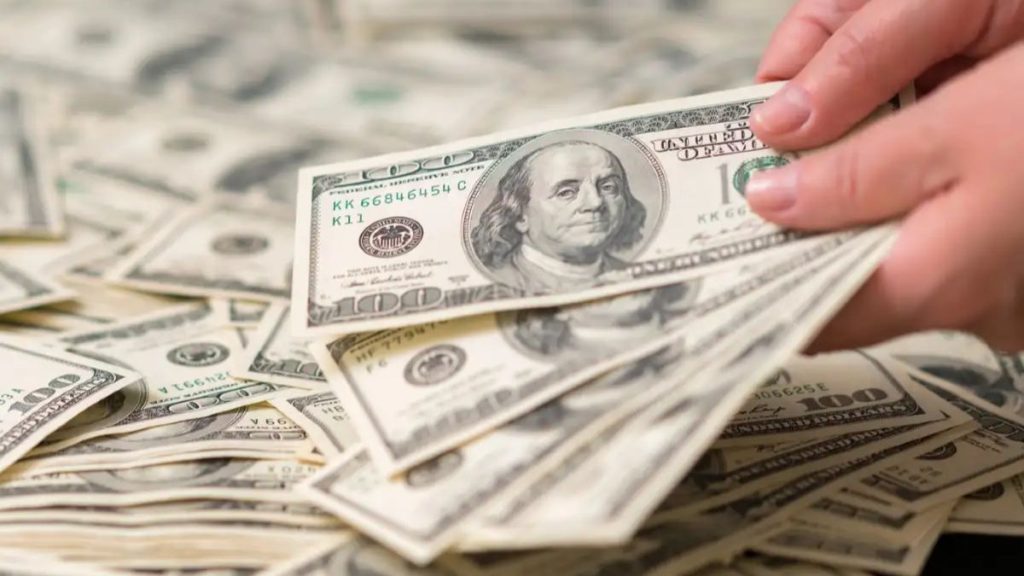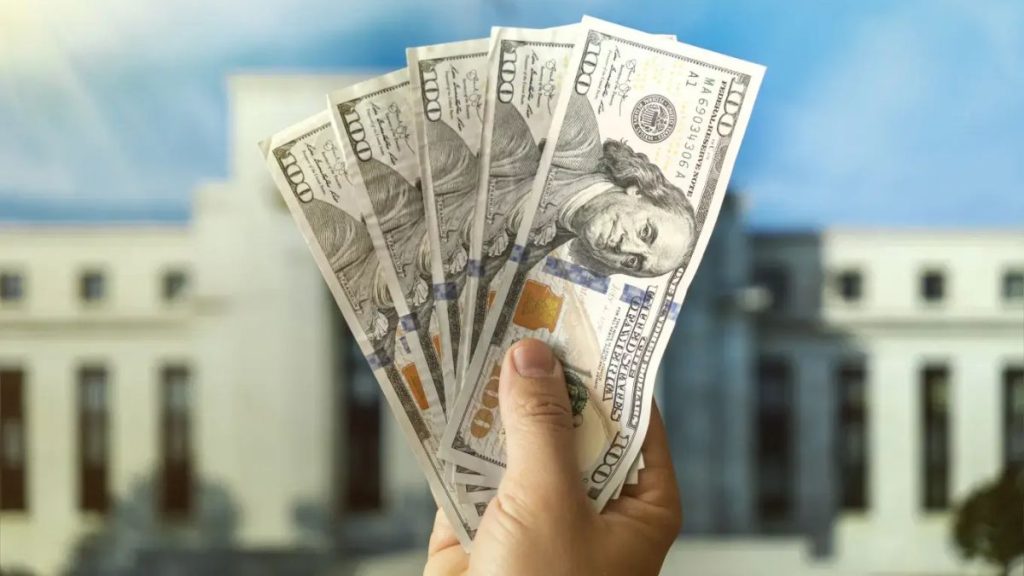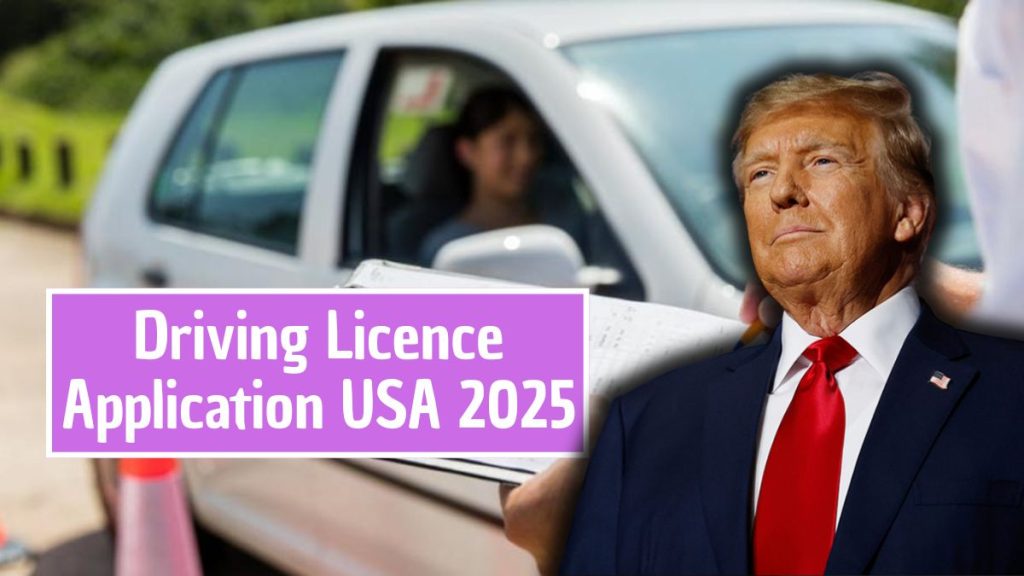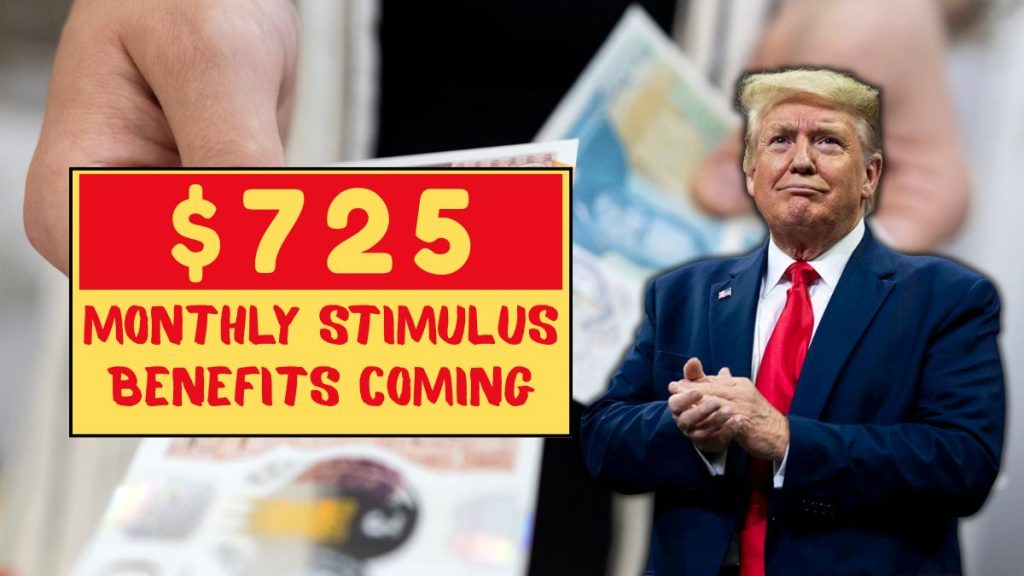A potential $2000 Direct Deposit for U.S. citizens has become one of the most discussed financial topics across America. Scheduled for October 2025, the payment—if confirmed—would aim to help millions struggling with rising living expenses, inflation, healthcare costs, and housing challenges.
Although social media platforms and online discussions have amplified the excitement, the Internal Revenue Service (IRS) and U.S. Congress have not officially confirmed the payment yet. Still, many believe that if approved, this one-time $2000 stimulus-style payment could mirror earlier pandemic-era relief measures that supported households during tough economic times.
What the $2000 Direct Deposit Means for Americans
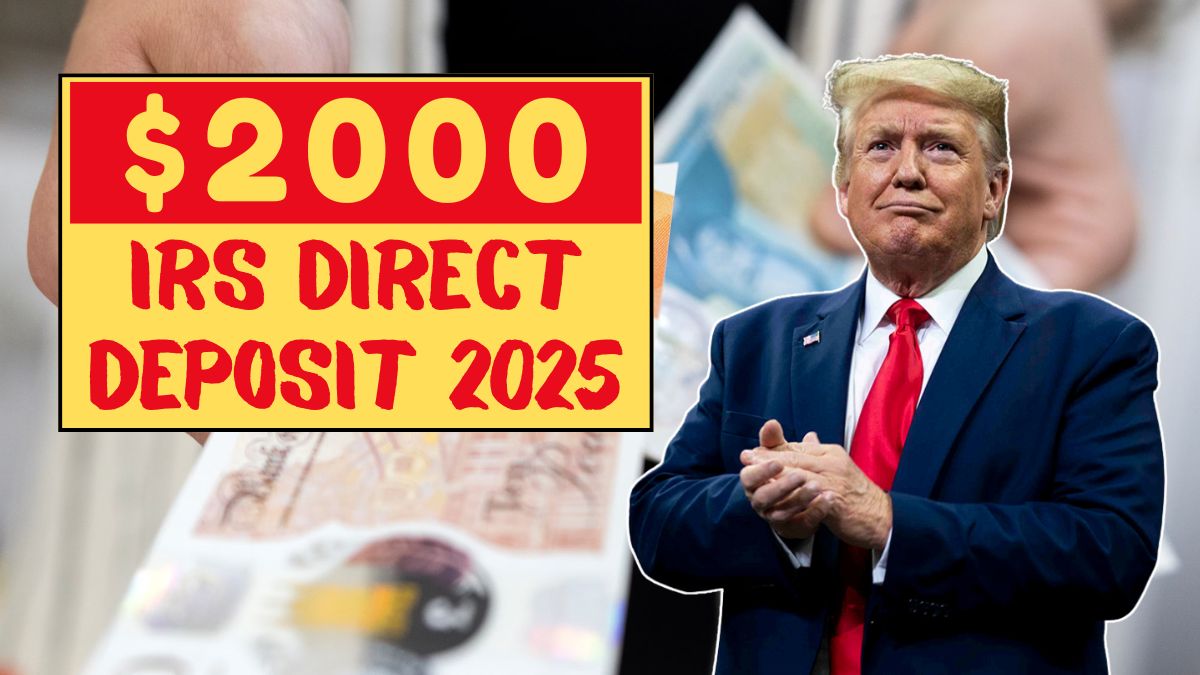
The rumored $2000 Direct Deposit refers to a potential one-time payment aimed at eligible U.S. citizens to ease financial burdens. The purpose is to address the continuing impact of inflation, high rent prices, and escalating healthcare costs that have stretched household budgets nationwide.
If implemented, the payment would likely function similarly to previous Economic Impact Payments (EIPs)—with money sent directly to citizens through bank transfers, checks, or prepaid debit cards.
However, it’s critical to note that this initiative has not been officially approved by Congress or the IRS as of October 2025. Any updates are expected to come from the IRS’s official site, www.irs.gov.
Who Might Qualify for the $2000 Direct Deposit
Eligibility for the proposed $2000 Direct Deposit would likely depend on income thresholds and residency status, consistent with prior stimulus frameworks.
To qualify, individuals must:
- Be a U.S. citizen or lawful permanent resident with a valid Social Security Number.
- Be at least 18 years old.
- Meet the income limits, which are as follows:
- Single filers: Up to $75,000 per year.
- Heads of household: Up to $112,500 per year.
- Married couples filing jointly: Up to $150,000 per year.
- Be tax-compliant, having filed a federal tax return for 2024 (or 2023 if not yet filed).
- Have valid bank account information on record with the IRS for direct deposit.
How the Payment Would Be Distributed
If the proposal moves forward, the IRS would oversee distribution—most likely following a phased payment schedule similar to prior stimulus payments.
- Direct Deposits: Sent to eligible recipients whose bank details are on file with the IRS.
- Paper Checks: For individuals who do not have direct deposit set up.
- Prepaid Debit Cards: Used for those who previously received relief payments through this method.
Expected Payment Timeline (If Approved)
Though there’s no confirmed date, various reports and unofficial sources suggest that October 2025 would be the release period.
- Mid-October 2025: Direct deposits to be processed first.
- Late October – Early November 2025: Paper checks and debit cards to follow for remaining eligible recipients.
However, it’s important to stay cautious: until the IRS issues a formal statement, these timelines remain speculative.
How to Claim the $2000 Direct Deposit (If It Becomes Official)
If Congress authorizes the payment, the process to claim it will likely mirror that of previous stimulus rounds. Here’s what citizens should do to prepare:
1. Check Eligibility
Verify that your income falls below the qualifying limits and that you possess a valid Social Security Number.
2. File Your Taxes
Ensure that your 2024 federal tax return is filed, as the IRS will use this information to determine eligibility.
3. Update Your Bank Information
Log in to your IRS online account or use the “Get My Payment” tool to update your bank details to ensure quick direct deposit delivery.
4. Monitor IRS Announcements
Follow official IRS communications or reputable news outlets for updates. Avoid misinformation circulating on social media.
5. Avoid Fraudulent Claims
If anyone contacts you requesting personal information or payment to “process” your deposit, it’s likely a scam. The IRS never charges fees for issuing payments.
Is the $2000 Direct Deposit Confirmed or a Hoax?
Currently, no official confirmation exists from the IRS or Congress about any such $2000 payment.
Several online reports and viral posts may exaggerate or misrepresent early policy discussions.
Experts advise that while economic relief programs often resurface during times of inflation or recession, citizens should rely only on official federal announcements. Checking IRS.gov remains the safest way to verify whether any stimulus-style payment is authorized.
Background: Why a $2000 Payment Is Being Discussed
The rumor of the October 2025 direct deposit likely originated from policy conversations around new economic relief for low- and middle-income households. As the U.S. faces persistent inflation, many Americans are struggling with:
- Higher grocery prices
- Rising rent and mortgage costs
- Medical care and insurance premiums
- Utility and fuel price increases
For many families, a $2000 one-time payment could provide crucial temporary relief. Analysts suggest that even if not yet approved, such proposals indicate that Washington may be considering additional fiscal support measures.
Comparison with Past Stimulus Payments
The rumored $2000 payment resembles earlier Economic Impact Payments issued during 2020–2021 under the CARES Act and subsequent relief packages.
- First stimulus (2020): $1200 per adult, $500 per dependent.
- Second stimulus (2021): $600 per individual.
- Third stimulus (2021): $1400 per individual.
If passed, the $2000 Direct Deposit would be the largest single payment since those pandemic-era benefits, aimed at stabilizing consumer spending and assisting households under financial stress.
Tax Implications and Reporting
If issued, the $2000 payment would likely be taxable income, similar to earlier relief measures. Recipients may need to report it on their 2025 tax returns.
However, this depends on whether the payment is categorized as refundable credit, advance rebate, or supplemental assistance. The IRS would clarify these details in official guidance at the time of rollout.
Protecting Yourself from Scams and Fake News
Whenever rumors of government payments circulate, fraudsters often target vulnerable citizens, especially seniors and low-income groups.
To stay safe:
- Never share your Social Security Number, bank details, or login credentials with unverified callers.
- Ignore texts or emails claiming to “verify” your $2000 payment.
- The IRS does not contact taxpayers through unsolicited messages or calls.
- Always verify any update through www.irs.gov or the U.S. Treasury’s official site.
Public Reaction and Economic Impact
The buzz surrounding the $2000 direct deposit rumor reflects widespread economic anxiety. Millions of Americans continue to face high prices despite slowing inflation rates.
If implemented, experts estimate the payment could inject billions into the economy—providing short-term relief for households but potentially increasing fiscal strain for the federal government. Policymakers remain divided, with some advocating for targeted relief, while others warn about budget deficits and inflationary risks.
FAQs on $2000 Direct Deposit for U.S. Citizens
Q1: Is the $2000 Direct Deposit officially confirmed by the IRS?
A: No. As of now, neither the IRS nor Congress has formally confirmed the payment. It remains a proposal or online rumor.
Q2: Who would qualify if the payment is approved?
A: U.S. citizens or lawful permanent residents with valid Social Security Numbers and income below $75,000 (single), $112,500 (head of household), or $150,000 (married couples).
Q3: How will payments be made?
A: Likely through direct deposit for those with IRS-verified banking details, or paper checks and debit cards for others.
Q4: When will the payment be distributed?
A: If authorized, direct deposits could start in mid-October 2025, followed by paper checks later in the month.
Q5: Is the payment taxable?
A: Yes, the payment would likely be treated as taxable income unless specifically exempted under federal law.





